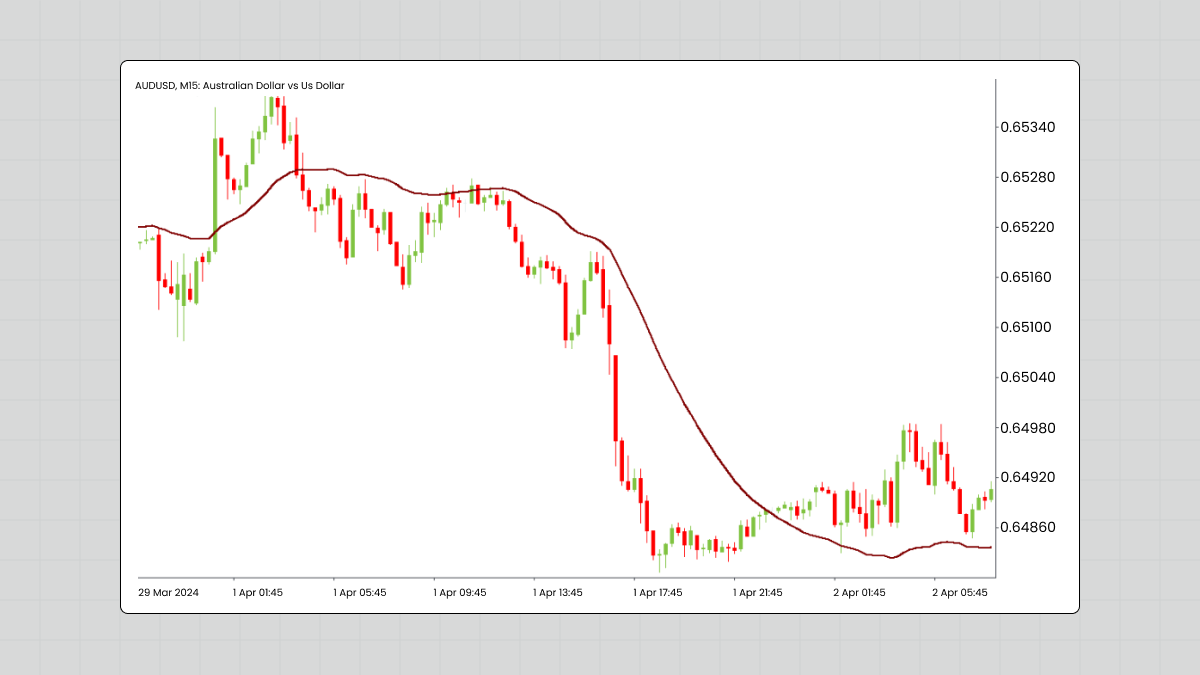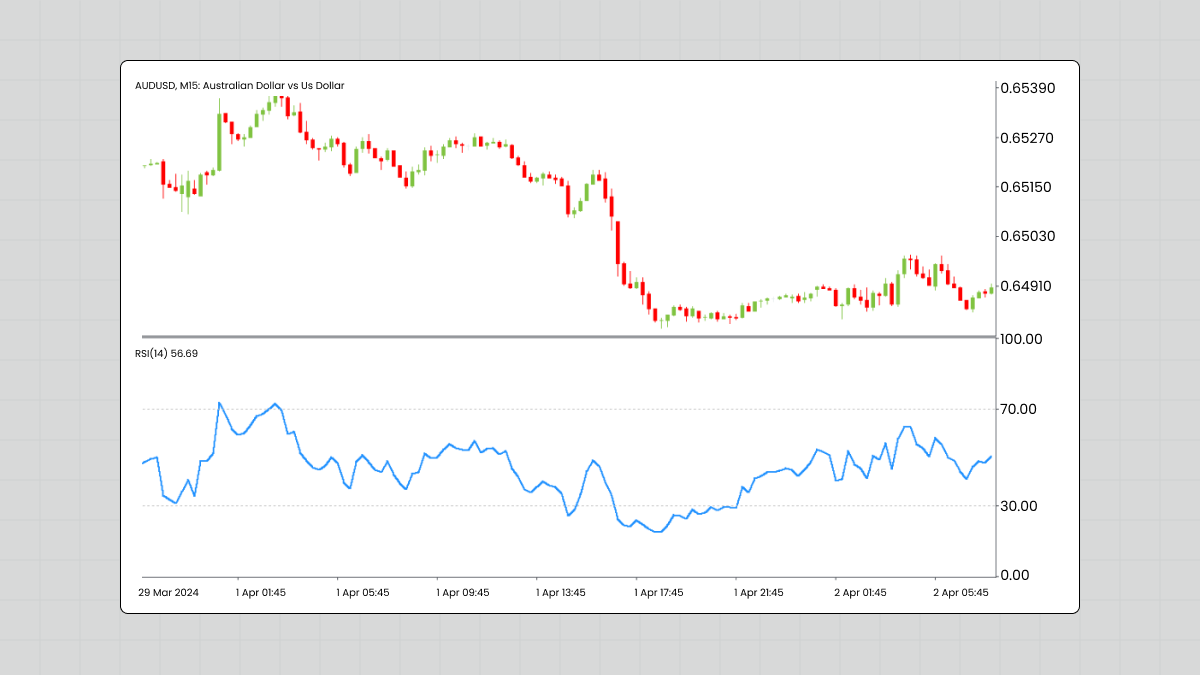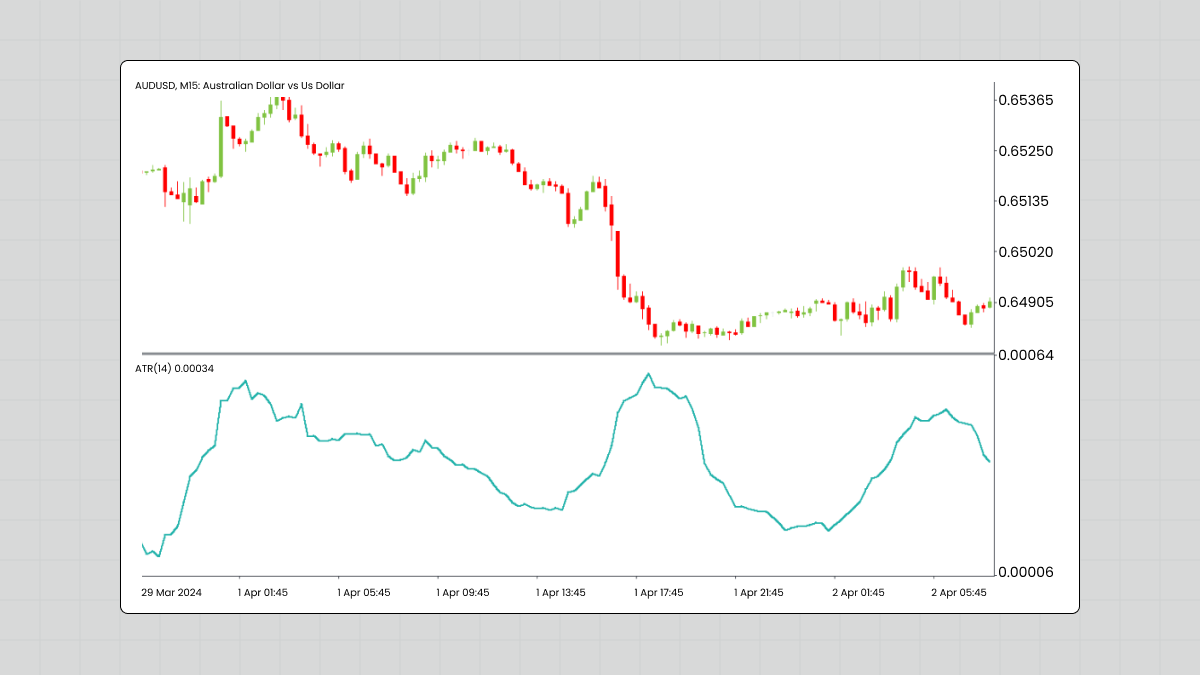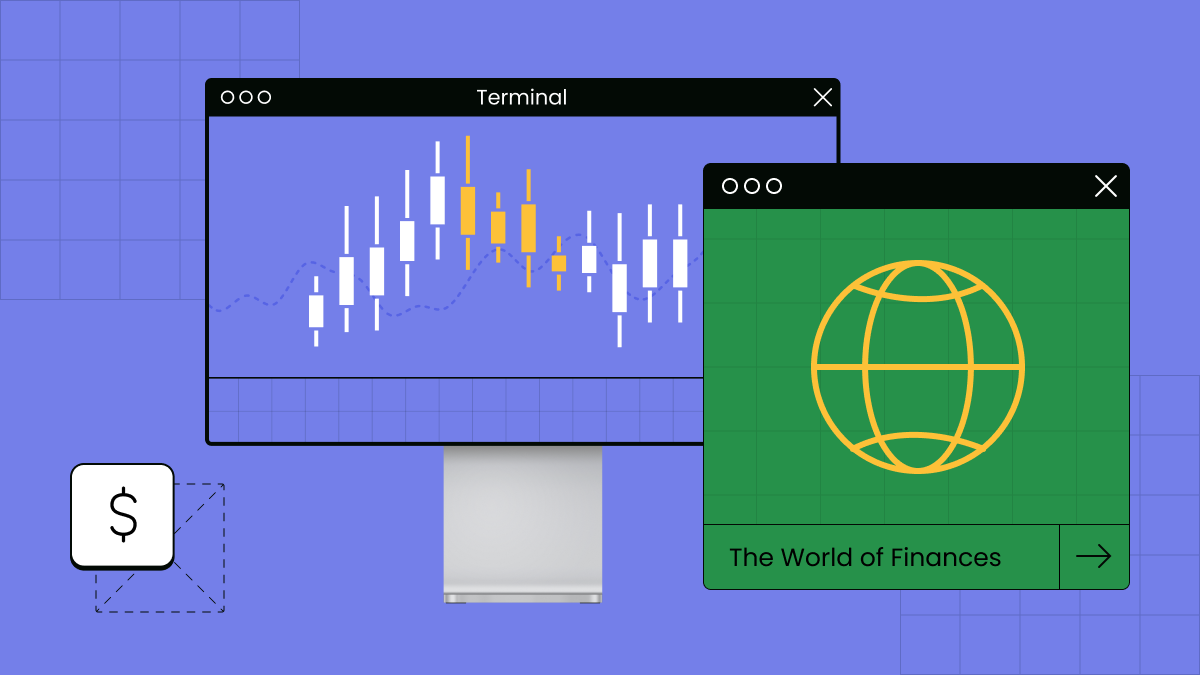How Trading Conditions Can Affect a Trader’s Performance
Trading Conditions
As traders step into the world of Forex trading, they enter a realm defined by constant change and unpredictability in market conditions. From volatile markets to calm waters, each condition presents unique challenges and opportunities for traders. Understanding how these conditions impact trading performance is crucial for anyone looking to excel in the Forex market. In this article, we will delve into the significance of trading conditions, explore different strategies to optimize performance, and shed light on the importance of selecting the right Forex broker.
Understanding Trading Strategy Parameters
Before delving into how trading conditions affect performance, it’s essential to grasp the concept of trading strategy parameters. These parameters encompass a set of rules and guidelines dictating when to enter or exit a trade. They include technical indicators, risk management tools, and considerations of prevailing market conditions. Research indicates that successful traders adhere to a consistent set of parameters, meticulously honed through practices like backtesting. This process involves evaluating historical data to gauge how a strategy would have fared in past scenarios.
By embracing clear rules for trade entry and exit, traders can mitigate losses and optimize profits. Day traders, especially, must adeptly assess market prices and employ tools like limit orders for effective trade management. Furthermore, considerations of drawdown, or account value decline, underscore the importance of prudent risk management practices. Overall, a successful trading strategy hinges on parameters tailored to individual goals and risk appetites, with disciplined adherence paving the path to consistent profitability.
Account Types and Trading Conditions
The type of trading account chosen by a trader can significantly influence their experience of trading conditions. Forex brokers offer various account types, each with its own set of conditions such as spreads, leverage, and execution speed.
For instance, a standard account typically features fixed spreads and lower leverage, making it suitable for beginners or those who prefer a more conservative approach. Other account types may offer variable spreads and higher leverage, catering to experienced traders seeking tighter spreads and direct market access.
Choosing the right account type requires careful consideration of individual trading preferences and risk tolerance. While lower spreads and higher leverage may seem attractive, they also entail greater risk, especially during volatile market conditions.
An all-in-one account at FBS provides traders with a comprehensive solution that combines the features of multiple account types into a single package. This type of account is designed to offer versatility and convenience, allowing traders to access various trading conditions according to their preferences and trading strategies.
Our all-in-one account boasts several key features that enhance the trading experience. These include leverage of up to 1:3000, lightning-fast order execution from 0.01 seconds, and commission from 0%. With a low minimum deposit starting from just $5, traders can easily access the financial markets. Additionally, the account offers access to over 550 trading instruments, ensuring ample opportunities for diversification and profit potential.
Finding the Best: Optimizing Trading Strategies
Optimizing trading strategies involves aligning them with prevailing market conditions to maximize profitability. One common approach is to employ technical analysis tools to identify trends, support, and resistance levels. For example, during a trending market, traders may utilize moving averages or trendlines to enter trades in the direction of the prevailing trend. Let’s explore how traders can adjust their approaches at different stages of the market cycle to enhance profitability.
Trending Markets:
- Utilize technical indicators such as moving averages and trendlines to identify the direction of the trend.
- Confirm trend strength with momentum indicators like the Moving Average Convergence Divergence (MACD) and Average Directional Index (ADX).
- Enter trades in the direction of the trend to capitalize on momentum.
- Implement trailing stop-loss orders to protect profits and manage risk effectively.

Range-Bound Conditions:
- Use oscillators like the Relative Strength Index (RSI) and stochastic oscillator to identify overbought and oversold conditions within the range.
- Look for potential reversal signals when prices reach extreme levels indicated by these oscillators.
- Employ range-bound trading strategies such as mean reversion or range breakout strategies to exploit price fluctuations.
- Implement tight stop-loss orders to limit losses in case of a breakout from the range.

Incorporating Fundamental Analysis:
- Stay updated on key economic indicators and news events that influence market sentiment.
- Use fundamental analysis to gauge broader market trends, such as interest rate decisions and GDP growth.
- Adjust trading strategies based on fundamental factors that impact asset prices.
- Consider the correlation between fundamental developments and technical indicators for well-informed trading decisions.
By integrating technical and fundamental analysis techniques, traders gain a comprehensive understanding of market dynamics and adapt their strategies to varying market conditions. This approach enables traders to maximize profitability while effectively managing risk.
How to Identify Market Conditions
Identifying market conditions is a fundamental skill for traders seeking to capitalize on opportunities. While markets are inherently unpredictable, certain indicators can provide clues about prevailing conditions.
Volatility: High volatility, characterized by rapid price movements and increased risk, often arises due to various factors such as economic data releases, geopolitical tensions, or unexpected events. Traders should closely monitor volatility indicators like the VIX (Volatility Index) or ATR (Average True Range) to anticipate when volatility is likely to increase. During periods of heightened volatility, traders may consider implementing strategies such as using options to hedge positions, adjusting stop-loss levels to account for larger price swings, or reducing position sizes to manage risk more effectively.

Trend Strength: Identifying the strength of a trend can help traders determine whether to trade with the trend or anticipate a potential reversal. Trend-following strategies are typically more effective in strong trending markets, while countertrend strategies may be more suitable during ranging or consolidating conditions.
Volume: Monitoring trading volume provides valuable insights into market participation and liquidity levels, especially during periods of increased volatility. However, it’s important to note that in the Forex market, it can be difficult to ascertain real trading volumes due to its decentralized nature. Instead, traders often rely on tick volume, which measures the number of price changes within a given period. Tick volume can still offer valuable information about market activity and potential trading opportunities. Traders should pay attention to volume spikes and analyze whether they confirm or diverge from price movements to make informed trading decisions.
Understanding the Importance of Choosing the Right Forex Broker
Selecting the appropriate Forex broker significantly influences your trading success. In addition to competitive offerings and swift transactions, a dependable broker should furnish a stable trading platform, effective risk management tools, and responsive customer service.
When evaluating Forex brokers, it’s essential to consider factors such as regulatory adherence, reputation, and trading conditions. Moreover, it’s worth assessing a broker’s execution quality, particularly during volatile market conditions. Factors like slippage, requotes, and delays can substantially impact trading outcomes. Therefore, choosing a broker recognized for reliability and integrity is key.
Regulatory compliance is a crucial aspect when choosing a broker. Regulation provides a safety net, protecting traders’ funds and ensuring adherence to industry standards. FBS, a trusted broker with a global presence, holds licenses from esteemed regulatory bodies such as the Financial Services Commission of Belize, the Cyprus Securities and Exchange Commission, and the Australian Securities and Investments Commission. These licenses signify adherence to stringent regulations, guaranteeing traders a secure trading environment.
The choice of a Forex broker is a critical decision. Regulatory compliance, reputation, and trading conditions should be thoroughly assessed. With FBS, traders can rest assured knowing their investments are safeguarded by regulatory oversight, enabling them to trade with confidence and peace of mind.
Conclusion
Trading conditions exert a profound influence on a trader’s performance, shaping strategies, risk management, and decision-making. By understanding the dynamics of different market conditions and adapting strategies accordingly, traders can navigate through volatility and uncertainty with confidence. Furthermore, selecting the right Forex broker is paramount, ensuring optimal trading conditions and a supportive trading environment. With diligence, education, and a strategic approach, traders can thrive in the dynamic world of Forex trading, regardless of market conditions.
FAQ
Q: What are the best strategies for trading in volatile markets?
A: In volatile markets, it’s crucial to prioritize risk management. Strategies such as trend following or breakout trading can be effective, provided traders adjust position sizes and risk accordingly.
Q: How can I determine the appropriate leverage for my trading account?
A: For beginners, leverage between 1:250 and 1:1000 is often suitable when talking about Forex. It balances potential returns with risk. Experienced traders may adjust leverage based on risk tolerance and strategy. Always consider the impact of leverage on trades and seek guidance when needed.
Q: What role does psychology play in trading performance?
A: Psychology plays a significant role in trading performance, influencing decision-making, risk management, and emotional control. Developing a disciplined mindset and adhering to a trading plan can help mitigate the impact of psychological biases.





